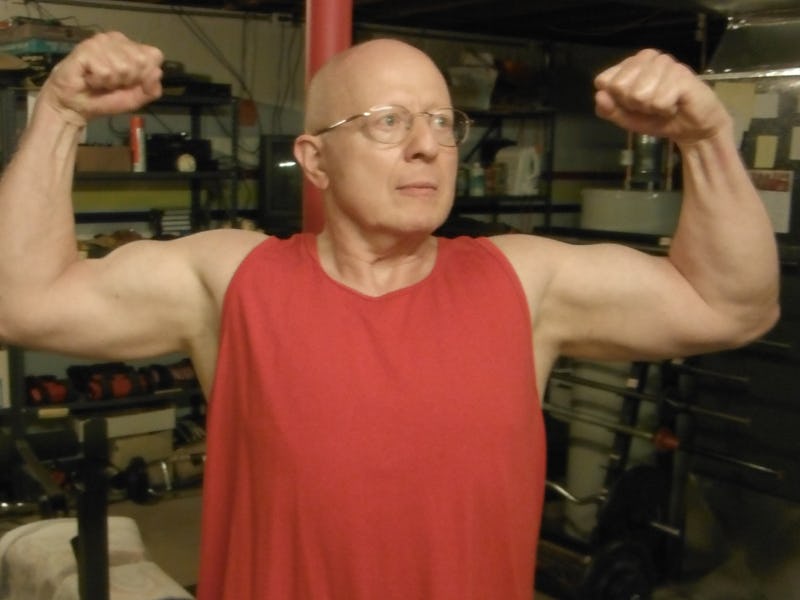Sci-Fi Writer and Sherlock Scholar David Dvorkin on Future Spy Technologies
Author David Dvorkin talks sci fi, the future of spy technology, and Sherlock Holmes

Time for Sherlock Holmes, David Dvorkin’s tale of Sherlock, Watson, and Moriarty in the future, is a sort of unheralded classic. Dvorkin’s take on the great detective is massive in scope yet detail oriented. Naturally, we wanted to talk with the guy, so we gave him a ring and chatted about Holmes and the tiny future of surveillance technology.
Where did you get the idea to send Sherlock into the future in Time For Sherlock Holmes?
I’ve been into politics and a writer for a long time and a Sherlock Holmes fan for a long time. My majors in college were math, physics, and astronomy. I worked in the aerospace business for years and the software business and I’ve read lots of science fiction so I absorb and ponder about what might happen in the future. So some of it is just extrapolation of what we know now or might be coming out.
I wanted to catch the flavor of Doyle’s writing. I didn’t want to do another one set in Victorian London. I wanted to do something different.
What are some things brewing in the near future that give you ideas for your fiction?
A year or two ago, I did a short book called Dust Net, which is non-fiction. It is predicting the development of spy devices the size of dust; autonomous spy devices. I’m becoming more and more convinced that this is on its way and will happen fairly soon. This is going to change the world completely because these things will affect the internet for everyone. There will be no such thing as censorship. But there will also be no such thing as privacy. Everything will be open.
It will be almost impossible to plan and commit a crime because the police will know when it happens right away and the criminals will know where the police are right away.
Do you remember when you first heard about this concept?
I remember that my son and I were talking about how to have internet in inaccessible places such as battlefields. I came up with the tiny little servers that could be dropped on a battlefield ahead of time. The more I thought about it, the more I realized it would make sense that it would eventually be developed to float to any location you wanted. Then from that, I came up with the idea that these things being developed not just by industries or government, it would be private as well to undermine government, so it would be available everywhere for everyone. The U.S. military has been working on exactly that for exactly that reason. I didn’t know that.
Outside of the scientific realm, what are some fictional works that have inspired you?
My father had much of Wells’ novels in the house, so I devoured Wells when I was a kid. He actually hated science fiction, he thought it was terrible stuff. He grew up in England and didn’t know Wells was writing science fiction, he thought he was just writing literature so it was okay. Later I discovered Arthur C. Clarke, who became my hero because of his wonderful scientific extrapolation. He has a scientific background and worked seriously in the sciences and engineering. I almost met him and missed my chance when I was working at NASA. He was there and one of my good friends rode in an elevator with him. I was in the wrong part of the building and missed my chance!
What do you think about the Sherlock Holmes shows?
Tonight Elementary is on, and my wife and I are hooked on that — and the BBC one with Benedict Cumberbatch. I think it’s really clever, almost sort of an ultimate modern history version of Sherlock.